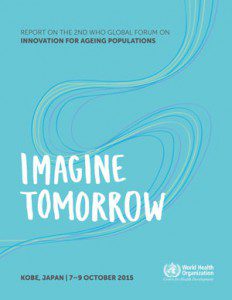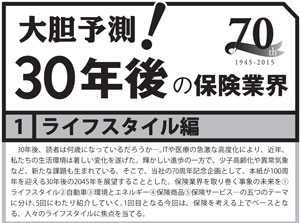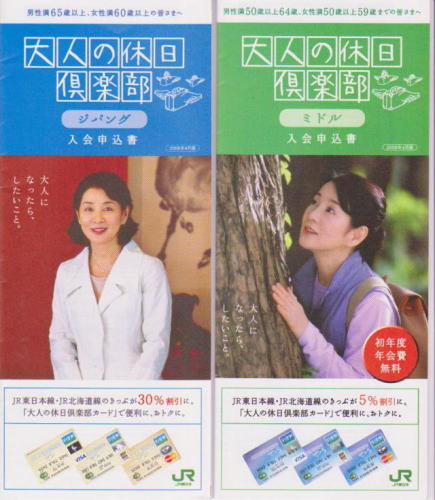Report of the Second WHO Global Forum
第2回WHO Global Forum on Innovation for Ageing Populationsの開催レポートが公開

さる10月7日から9日まで神戸で開催された第2回WHO Global Forum on Innovation for Ageing Populationsの開催レポートが公開されました。
このフォーラムの初日に基調講演をする機会があり、その時にお話ししたスマート・エイジングについての話が、Older people are a diverse group(高齢者は多様な人たちのグループの一つ)というタイトルでの項目のなかで引用されています。
これを読むと、11年前の2004年に上梓した拙著「シニアビジネス」(ダイヤモンド社)のサブタイトルを「多様性市場で成功する10の鉄則」とつけたことを思い出します。
多様性という言葉は、英語ではdiversityといいますが、当時は高齢者やシニア市場に対して使われることは全くありませんでした。
最近企業において使われるようになったのは、男性中心の企業雇用形態に女性や、子育て主婦、シニア、外国人など多様な人材を雇用しなければいけないという社会的風潮が高まったからです。
11年経って、国際機関であるWHOのレポートにようやく「高齢者は多様な人たちのグループの一つ」と記載されるようになったことに時代の変化を感じます。
Older people are a diverse group, just like the rest of society
OLDER ADULTS ARE A DIVERSE GROUP
The frail, disabled image often associated with ageing is not the right image to move forward, although this constituency does exist and must not be neglected. It is essential to change how ageing is perceived both for now and for future cohorts of older people.
As a community of professionals working together in all parts of the world to improve the lives of older people, we need to acknowledge that not all older people are frail. But the newer stereotype of “anti-ageing” is also not the right response.
Society must recognize the diversity of older adults. During the Global Forum, Professor Hiroyuki Murata from Tohoku University proposed the idea of “smart ageing”, which conceives that ageing is gain, ageing is development, ageing is human growth: we can become smarter as we age; and no matter what our age, we can grow and learn.
The group that is called “older people” is not a homogeneous one. Older populations are characterized by great diversity: in health and functional states, in ambitions and interests, in capabilities and support systems.
They comprise different groups, each with their own life stories which will affect their ageing trajectory. It was suggested during the Global Forum that the use of the term “elderly” or “older people” has to be disaggregated to appreciate its nuances – that there should be distinctions between young-old and old-old.
As demonstrated in countries such as Japan and South Africa, “younger” old people who are still interested in working are increasingly engaged in providing care and support for “older” old people.
It is essential to understand this so that we can collectively be inclusive of all older people as we “create a better tomorrow” in terms of systems, services, caregivers, assisted devices and similar. If we create, transform and innovate only for one segment of the older population, then today’s situation, which presupposes that all older people are frail and have great needs, will simply be perpetuated.
出所:Report of the Second WHO Global Forum on Innovation for Ageing Populations, 7-9 October 2015, Kobe, Japan





